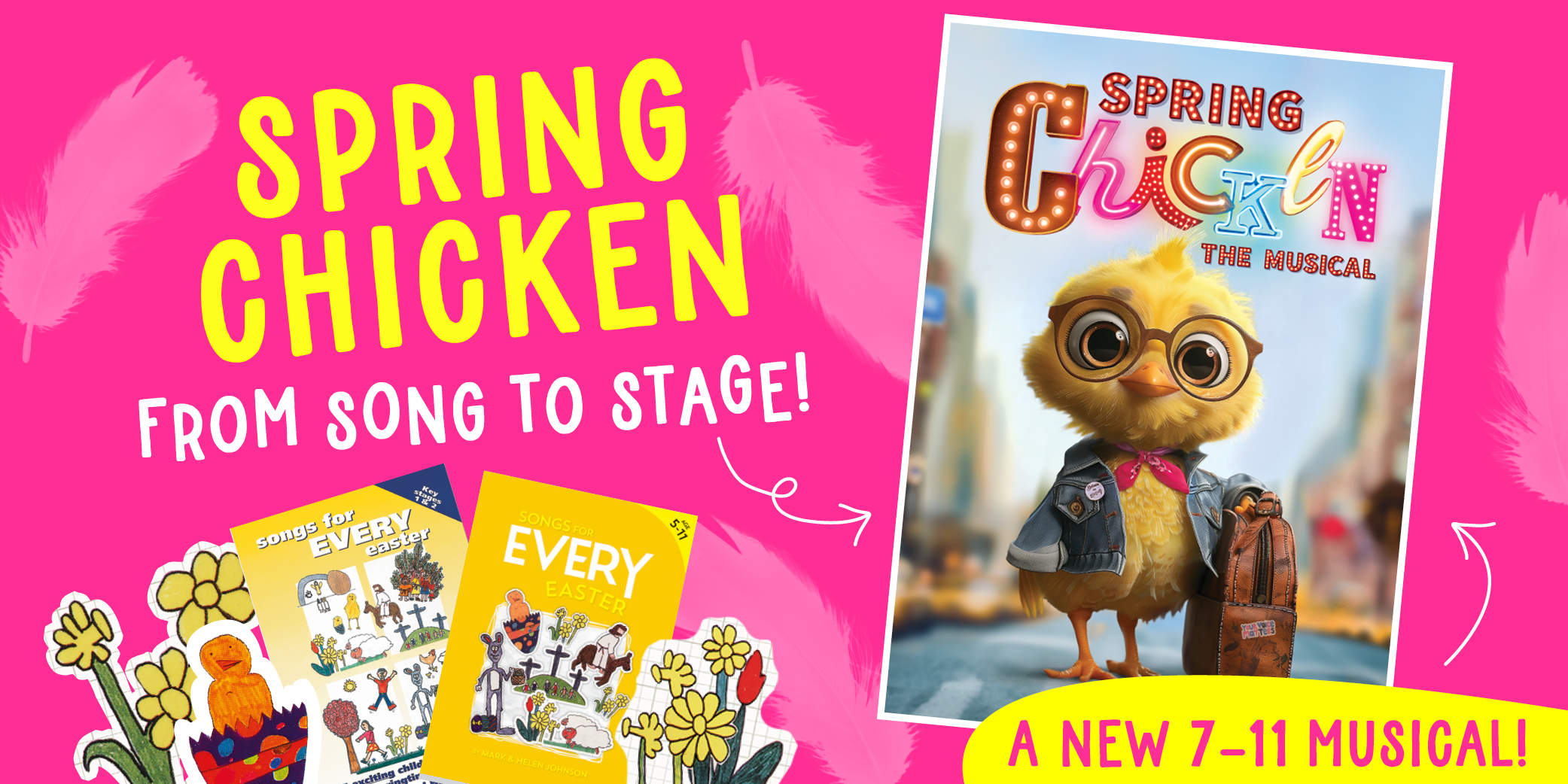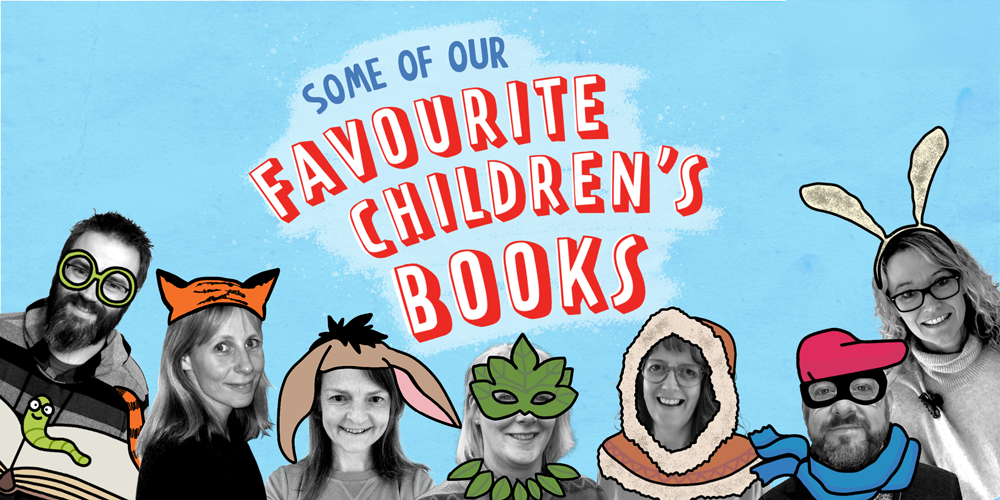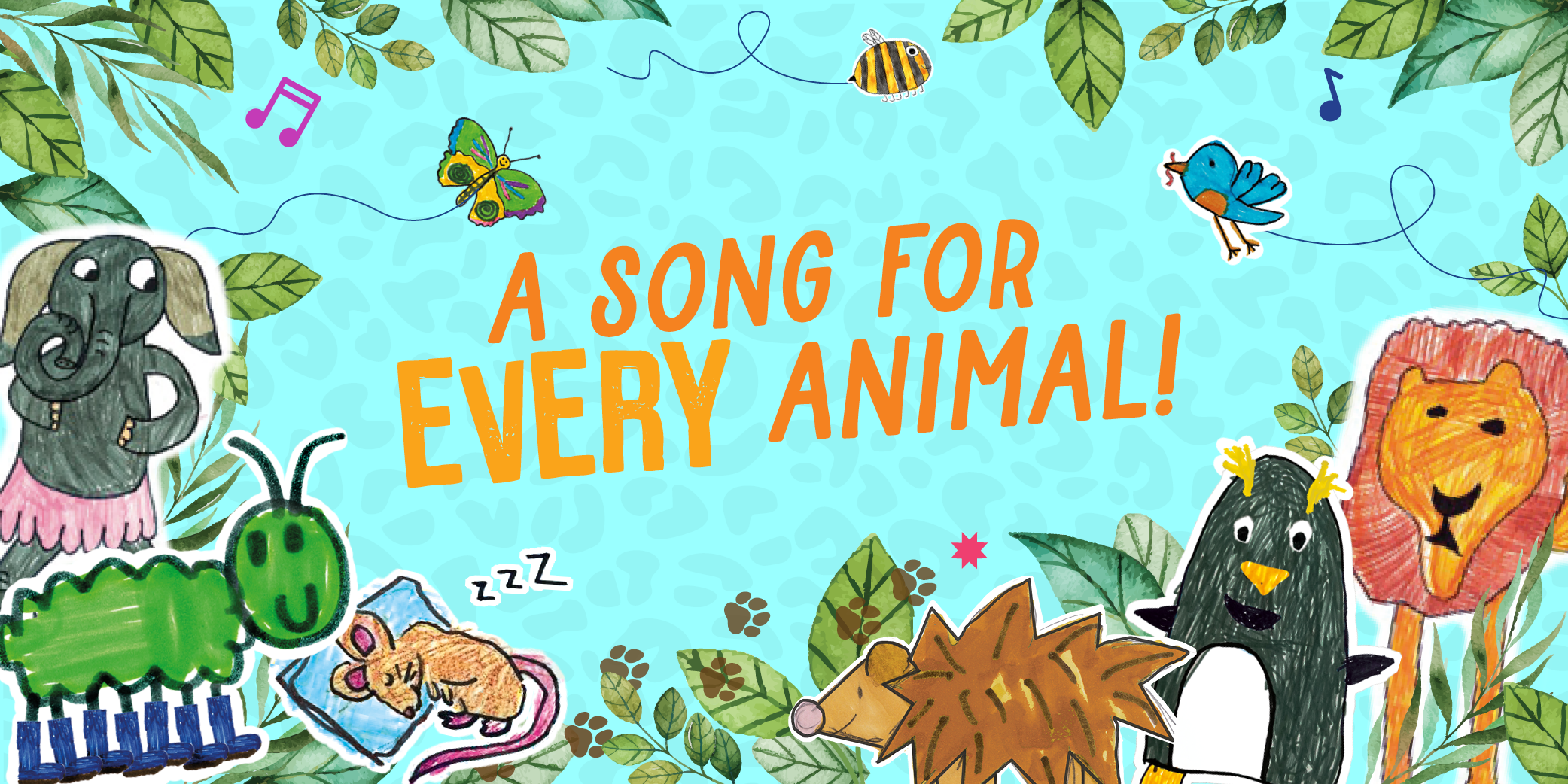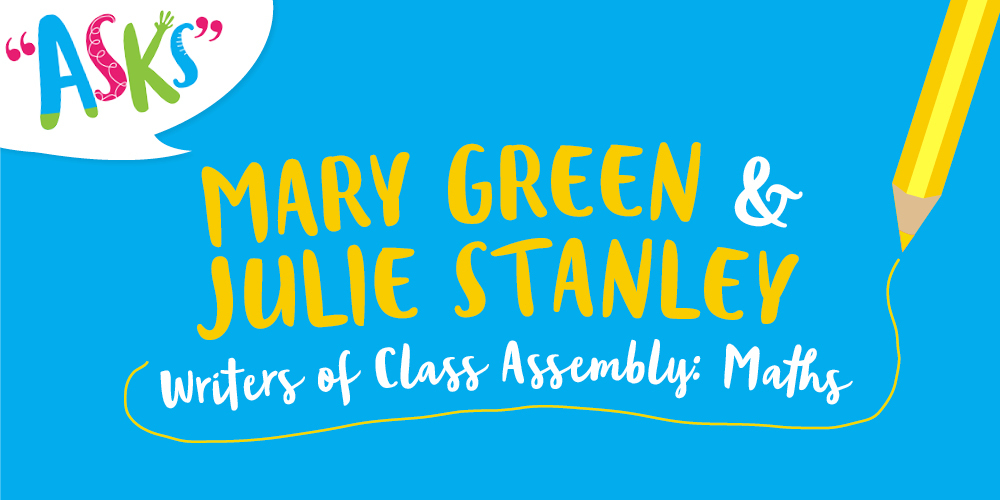
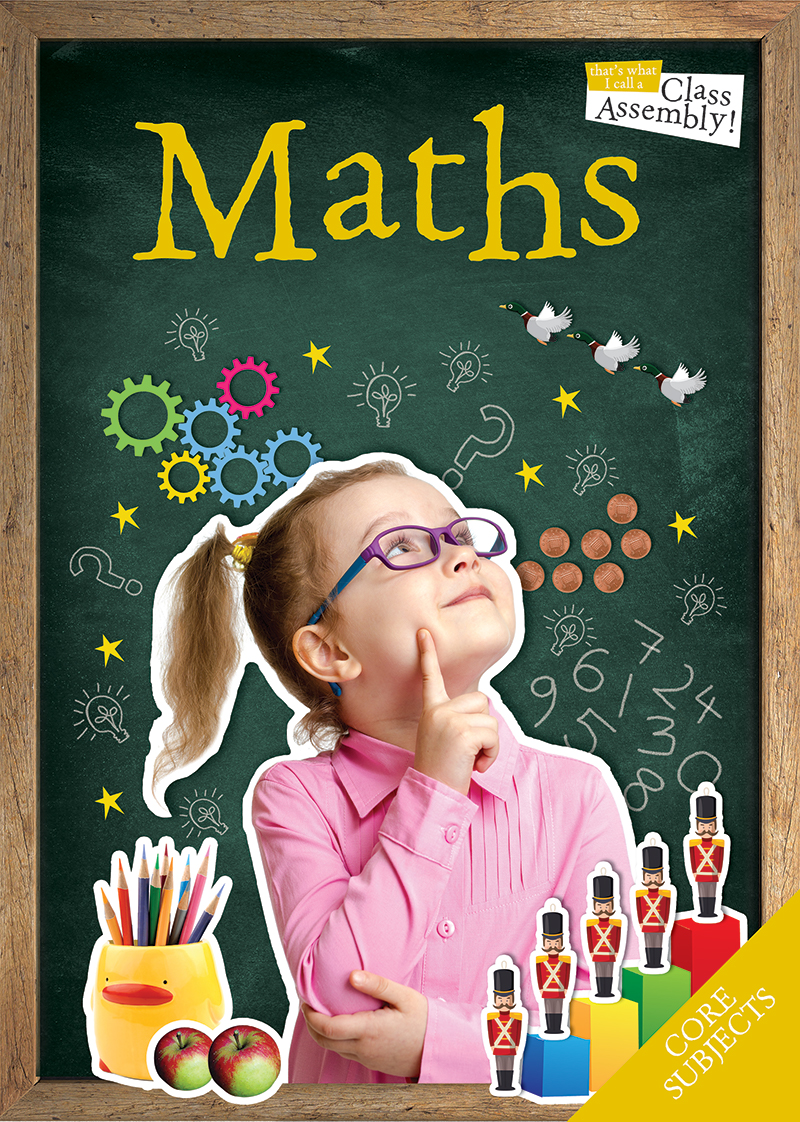 In the lead up to World Maths Day on Thursday 7th March 2019, we thought we would dive into the minds of Mary Green and Julie Stanley, writers of the wonderful That’s What I Call A Class Assembly Series including brand-new Class Assembly: Maths which is the ideal resource to help support maths learning for ages 5-7. Packed with a fun script and 4 easy-to-learn songs that reinforce core maths topics, including counting in twos, fives, tens & hundreds, estimation and measurement, number bonds to 10, addition, subtraction, multiplication and division. Perfect for a class assembly or fun classroom learning.
In the lead up to World Maths Day on Thursday 7th March 2019, we thought we would dive into the minds of Mary Green and Julie Stanley, writers of the wonderful That’s What I Call A Class Assembly Series including brand-new Class Assembly: Maths which is the ideal resource to help support maths learning for ages 5-7. Packed with a fun script and 4 easy-to-learn songs that reinforce core maths topics, including counting in twos, fives, tens & hundreds, estimation and measurement, number bonds to 10, addition, subtraction, multiplication and division. Perfect for a class assembly or fun classroom learning.
Where did the idea/inspiration come for Class Assembly: Maths?
M: We were asked by a KS1 teacher in a local school to come up with a maths assembly which would be short and appealing to the age group – so we did, and the parents and children seemed to love it. Suddenly the children were singing in twos, fives and tens without any problem!
How do you go about tackling the subject of maths as a Class Assembly, yet make it fun and engaging for the children and audience?
J: It’s not easy as there is SO much to choose from! Firstly, it was a case of studying the curriculum and selecting the aspects the teacher had been focussing on. Then all we had to do was find a vehicle to get the information across in a way that would appeal to younger children. Mary came up with the idea of groups of soldiers and the rest fell into place quite quickly. We both feel very strongly that not only must it be fun for the children, whilst embedding information, but also accessible for the teachers. Having sat through many assemblies in our time we wanted it to be entertaining for the audience as well. We spend a good deal of our planning time visualizing what every scene will look and sound like from the audience’s point of view.
Many of your Class Assembly songbooks are written for KS2, was it a challenge writing for a younger audience?
J: I work with children at KS1 every day and am always amazed at how much they can achieve if I, the teacher, believe in them – they never disappoint! It’s little things like making sure the words aren’t too difficult to sing, the melodies don’t jump about too much, nobody has too much to learn – this is what helps create a successful performance and lets the children shine. Whilst it has different challenges, I do enjoy writing for a younger audience!
What are your biggest hopes for the Class Assembly: Maths songbook?
J: My main hope is that the children will enjoy learning and performing this mini musical without really realising that they have learnt a whole load of maths as part of the bargain – then it’s job done!
M: I wanted this assembly to be a pleasure rather than a chore for the teachers who have so little time to rehearse a production.
What do you hope children and teachers will get out of the Class Assembly series?
M: I hope it gives teachers inspiration for showcasing the work covered by their children and a few ideas for cross curricular activities. We especially enjoy both investigating and suggesting pieces of art to look at and music to listen to. We would like to think that some of our ideas might open the mind of a child in a different way. We are always eager to find a solution to the problem of presenting a big topic comprehensively in a very small amount of allocated time.
J: I hope that the children will find it easy to remember facts when they sing them in a catchy song, and that teachers will enjoy the fab backing tracks which make the songs come alive.
Is there a book within the series that stands out to you, and if so why?
J: My personal favourite book in the series is the Tudors: Henry VIII – I’ve always been fascinated by Tudor history. The recorder parts particularly bring an authentic Tudor sound to the presentation and it was fun and challenging to get Henry’s 6 wives (and their various demises) into a song – in the right order!
M: My favourite without doubt is WWII simply because, being extremely old, I lived through the experience!
Which was the most challenging book to write, and why?
M: They are all pretty challenging and require a lot of research. The Stone, Bronze & Iron Ages assembly was very challenging because there was so much material to fit into a very short presentation and current thoughts on life at that time are ever changing as archaeologists uncover more detail with advanced equipment and scientific approach. Concepts of life at that time have moved on massively since carbon dating and DNA have been introduced. We found our own knowledge to be outdated and had to work hard to avoid putting in some of our own misconceptions.
J: I agree. Working on this book we found out that in some ways WE were the fossils! We try to give a flavour of the era we’re covering in the music, which obviously proved difficult for this book, though I was pleased with Mammoth Hunters and think that will be great fun to sing and act out.
With the 50th anniversary of the moon landing coming up, what would you say to teachers to encourage them to consider putting on Class Assembly: Neil Armstrong?
M: This was such a big event at the time. It rocked the world and opened up endless possibilities for man to explore space. For children today many of the concepts of space travel are no longer amazing because they have been brought up with advanced technology. These early astronauts were so brave and daring – they really were the Christopher Columbuses of the modern age! That whole early space programme was scarily experimental. If I were to use this Class Assembly for the 50th anniversary I would include some research on Tim Peake. His story shows how an ordinary person can find him/herself doing extraordinary things.
J: Musically, there’s something for everyone in this book! Older children, younger children, budding composers, dancers, instrumentalists – it’s a jam-packed book with so much action for a large cast. The children can hopefully identify with the whole TV show aspect, even though the events are from 1969!
If you had to sum up the Class Assembly series in a few sentences what would you say?
M: This series was always intended to make planning an assembly easier for the teacher. We started writing together to produce presentations and musicals for the school we were working in. We knew how important it was to make productions simple and effective from the point of view of teachers and fun for the children whilst embedding facts in their minds. We do our best to ensure that facts are accurate and fit the requirements of the National Curriculum. Our overall aim is to make the production of an assembly fun for everyone rather than a chore to be added to an already heavy work load.
J: We try and make the music content and any musical activities included well within the capability of non-specialist music teachers - whilst still impressing the audience with the school’s music skills.
What’s next with this series?
J: Watch this space!
At Out of the Ark Music, we love to make learning FUN, that’s why we highly recommend any book within Mary Green and Julie Stanley’s fantastic That’s What I Call A Class Assembly series. Remember, learning is not specific to the classroom. Encourage your students to revise key maths topics at home using this BBC Bitesize revision site. Not only is this selection of interactive maths puzzles helpful and entertaining, it will also satisfy any child’s need to play computer games!
So go on, TAKE-AWAY the stress of learning, ADD a bit of fun, MULTIPLY smiles across the classroom and make World Maths Day 2019 one to remember with That’s What I Call A Class Assembly: Maths.
Interviewed by Georgia Cooke - Head Of Marketing and Customer Engagement, Out of the Ark Music Team.


